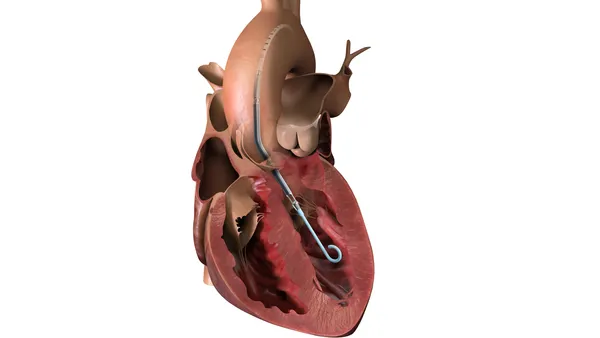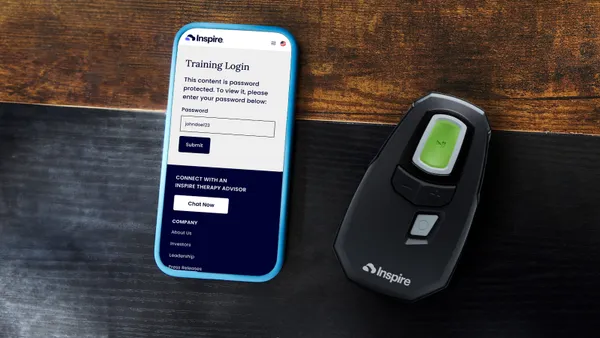Dive Brief:
- Boston Scientific said Wednesday it has agreed to acquire Bolt Medical, paying up to $664 million for the 74% of the cardiovascular company it does not own. The price consists of a $443 million upfront payment and up to $221 million upon achievement of regulatory milestones.
- Bolt is developing a laser-based intravascular lithotripsy (IVL) platform to treat coronary and peripheral artery disease. Boston Scientific said it initially developed the concept for the Bolt IVL system, helping to establish the company in 2019, and already holds an equity stake of about 26%.
- “With a large, high-growth market opportunity in IVL complementary to Boston’s existing solutions in interventional cardiology, we think the deal checks a lot of the right boxes for Boston and should be nicely accretive to growth once launched,” J.P. Morgan analyst Robbie Marcus wrote in a note to clients.
Dive Insight:
The deal for Bolt Medical is the second big medtech acquisition unveiled this week, following Stryker’s $4.9 billion purchase of Inari Medical on Monday.
Boston Scientific was one of the medtech industry’s busiest acquirers in 2024, closing the $3.7 billion acquisition of urology device company Axonics in November and the $1.28 billion purchase of Silk Road Medical, which makes stroke prevention devices, in September.
Boston Scientific also announced plans late last year to buy Intera Oncology, maker of a treatment for liver tumors, and Cortex, which is developing diagnostic mapping technology to detect atrial fibrillation.
Bolt’s lithotripsy system is designed to break up hardened masses such as calcium by creating acoustic pressure waves inside of a balloon catheter to help restore blood flow in the arteries.
The Bolt purchase is expected to close in the first half of 2025 and be slightly dilutive to adjusted earnings per share this year, which will be offset by internal cost efficiencies, Boston Scientific said.
Bolt recently announced results of the Restore pivotal trials studying the device in above- and below-the-knee applications. The data will be used to support Food and Drug Administration and CE mark submissions, Boston Scientific said.











